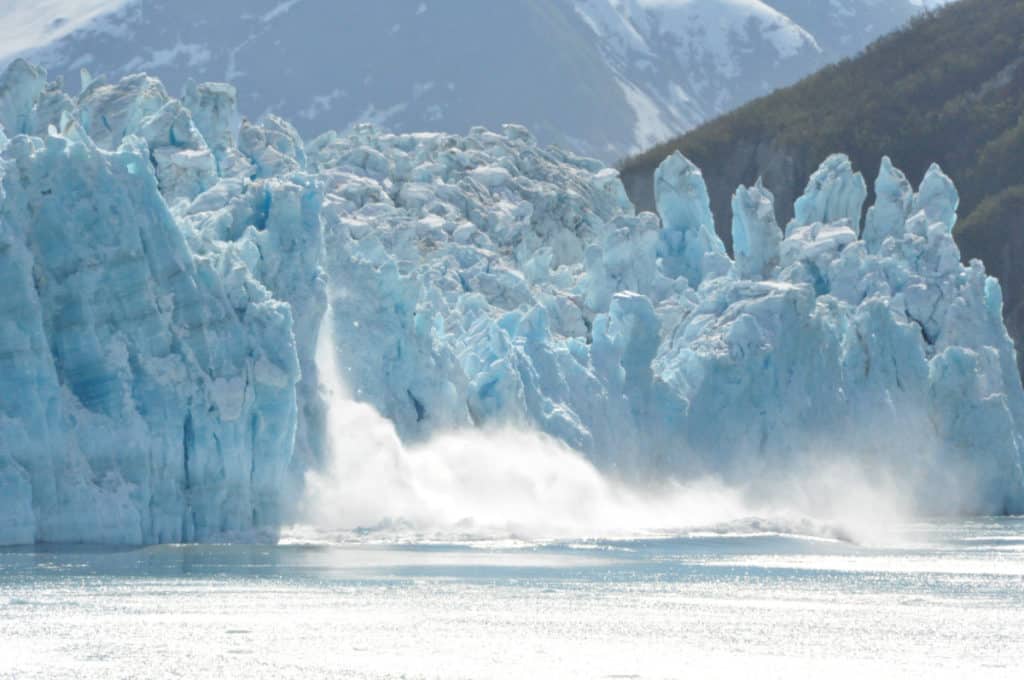
Climate change is altering our weather patterns, rising sea levels, hurting animals and sea life alike, and much more. To stop this almost 100 nations signed the Paris Agreement and set global climate targets, but those targets are becoming impossible to reach.
One of the biggest ways the agreement intended to slow down global warming was to limit deforestation while increasing the number of trees planted. Unfortunately, this has not worked and deforestation has actually seen a rise on the global scale over the last few years.
Why Is Deforestation So Bad

Deforestation is the act of removing large amounts of trees and other plants in a specific area. However, trees and plants are vital to providing oxygen and removing carbon dioxide from our air. Plants go through a process known as photosynthesis. They absorb sunlight and carbon dioxide in the air and convert it into nutrients and release oxygen.
This is extremely important because carbon dioxide is by far the most abundant greenhouse gas we release into the air. However, deforestation is terrible on two fronts. Not only are we removing trees, but we are also using equipment that releases carbon dioxide into the air to do so. The ground that is cleared, due to deforestation, is then used as building space for new structures like homes, businesses, etc.
Not only does this damage the forests themselves, but it also destroys the habitats of every animal and insect that resides there. There are no environmental positives related to deforestation.
Why Is Deforestation on the Rise
Deforestation is the process of clearing forests out of the way to build human structures. While deforestation happens in modernized countries, the real bulk of it happens in developing nations that are building infrastructures. In particular, Brazil saw a 29% increase in deforestation between 2015 and 2016. To put that into perspective, Brazil is the 5th largest country in sheer size, meaning that the amount of trees being cleared is insane. This trend has only continued for Brazil.
Were The Goals Realistic
Whenever you develop a plan, the first question should always be, is it realistic? Sadly, many scientists believe that the plans are unrealistic. The goal of the Paris Agreement is to limit global warming to a 1.5C temperature increase. In reality, little to no progress has been made in many cases. The situation has worsened so significantly that meeting a goal is impossible.
However, the goals were not unrealistic. The issue was what reaching them would do. Much more needs to be done on a global scale to ensure that the global temperature does not rise. This includes significantly cutting emissions. Not only do we need to cut transportation, energy generation, and industrial emissions, but we also need to cut thing like agriculture emissions.
The worst part about the agreement is that no enforcement policies were set up to punish nations that do not adhere.
Rich Nations Are Not Doing Enough
One of the biggest hopes of the agreement was that richer nations would do much more to cut their emissions and also support developing nations in making greener choices, but that has not been the case. In fact, the United States, the richest country in the world, will be leaving the Paris Agreement as quickly as it is legally able to.
Other nations are also failing to cut their own emissions.
What Needs to Happen

The Paris Agreement needs to create realistic and detailed targets for every member. Nations that do not meet these targets need to be punished in some way. This will make insensitive nations that signed up to actually follow through. As it stands now, signing the Paris Agreement is a PR stunt with no repercussions for failure.
Most importantly, all of this needs to happen fast. To have any chance of meeting the end of the century goal, significant reductions need to begin now and steps have to be taken quickly and effectively. If nothing is done, it is our future generations that will feel the effects.

